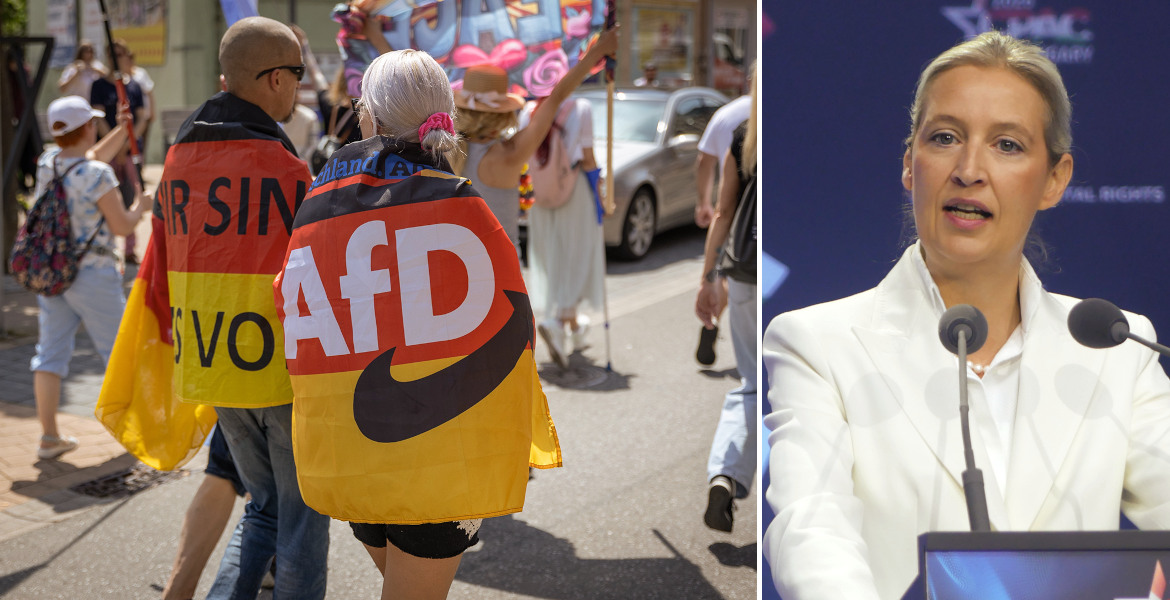The CDU appears set to become the largest party in the state election in Germany's most populous state, North Rhine-Westphalia. But it is primarily the national-conservative Alternative for Germany that has reason to celebrate after tripling its voter support.
When polling stations closed on Sunday, initial projections showed that the Christian Democratic CDU, led by former BlackRock executive Friedrich Merz, received around 34 percent of the vote. The Social Democratic SPD came in second place with 22.5 percent.
However, the biggest change comes from Alternative for Germany (AfD). The party appears to have received 16.5 percent – a significant increase from 5.1 percent in the 2020 election.
Sunday's election was the first local election since the political upheaval in German politics earlier this year, and for AfD the result represents another step in the party's westward expansion.
The national-conservative party has made historic gains in recent years and become the second-largest political force at the national level. The voter base has traditionally been found in eastern Germany but is now also growing in the west – as Sunday's results in North Rhine-Westphalia demonstrate.
Ein riesiger Erfolg: Nach ersten Prognosen hat sich das Ergebnis der AfD in NRW verdreifacht. Herzlichen Dank an alle Wahlkämpfer und an unsere Wähler! pic.twitter.com/5eim5eDxfP
— Alice Weidel (@Alice_Weidel) September 14, 2025
Strict opinion laws
Despite AfD's growing support in both elections and opinion polls, the party struggles to gain actual political influence. The other established parties have consistently refused to cooperate and formed various coalitions to keep AfD out of power.
Several German authorities have gone even further and argued that AfD should be completely banned and classified as unconstitutional.
Germany's strict opinion laws make many immigration-critical and nationalist positions criminal acts. While several neighboring countries have considerably freer debate, German authorities often use 1930s history as an argument to silence political opposition.
AfD's recent successes have, however, raised the question of whether German opinion laws and attempts to isolate AfD actually work – or whether they instead drive more dissatisfied German voters to the party.




